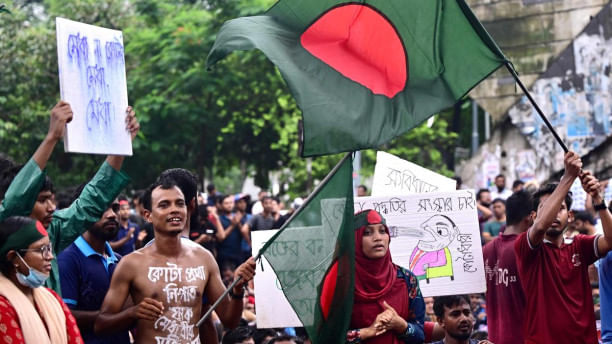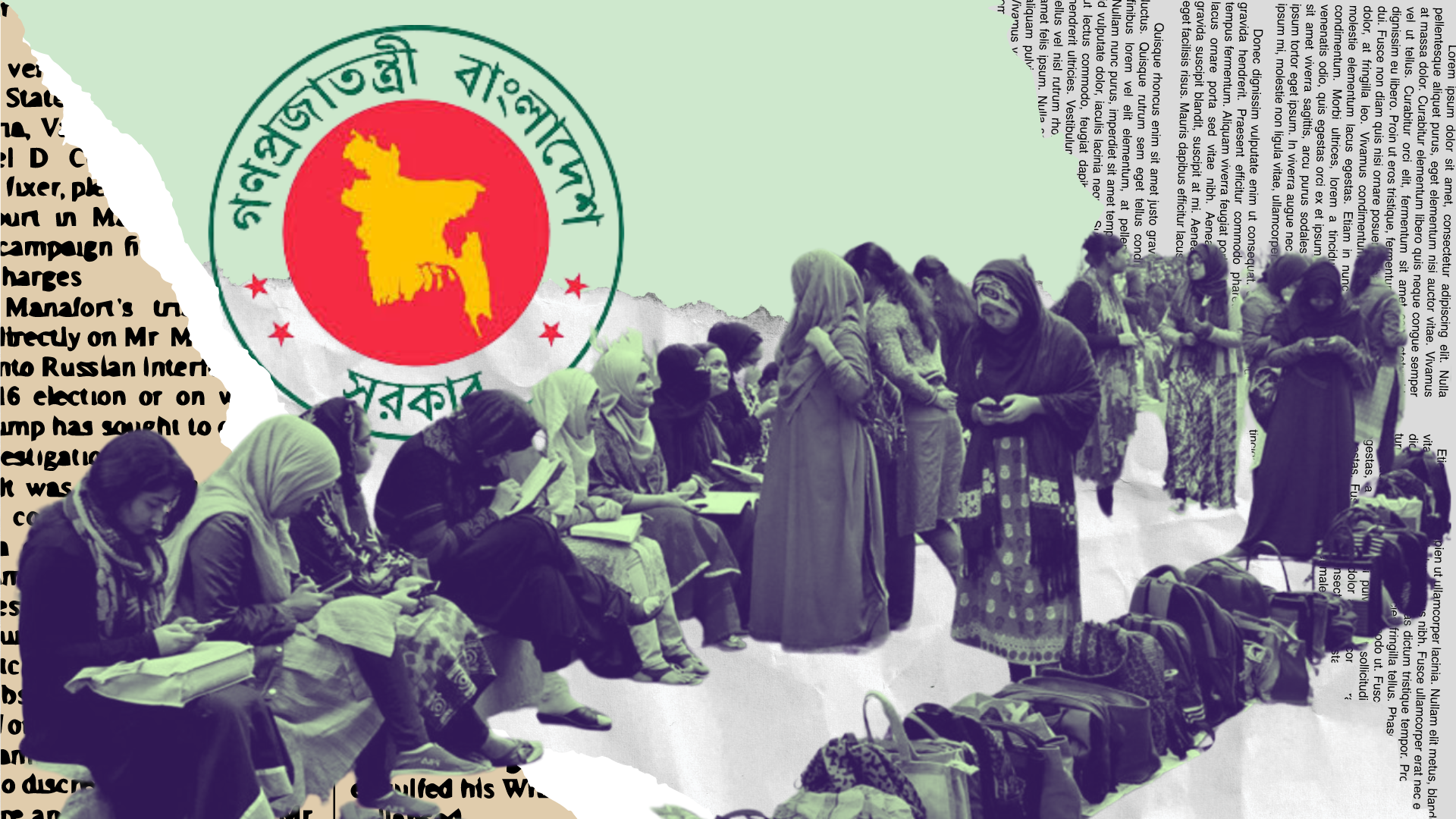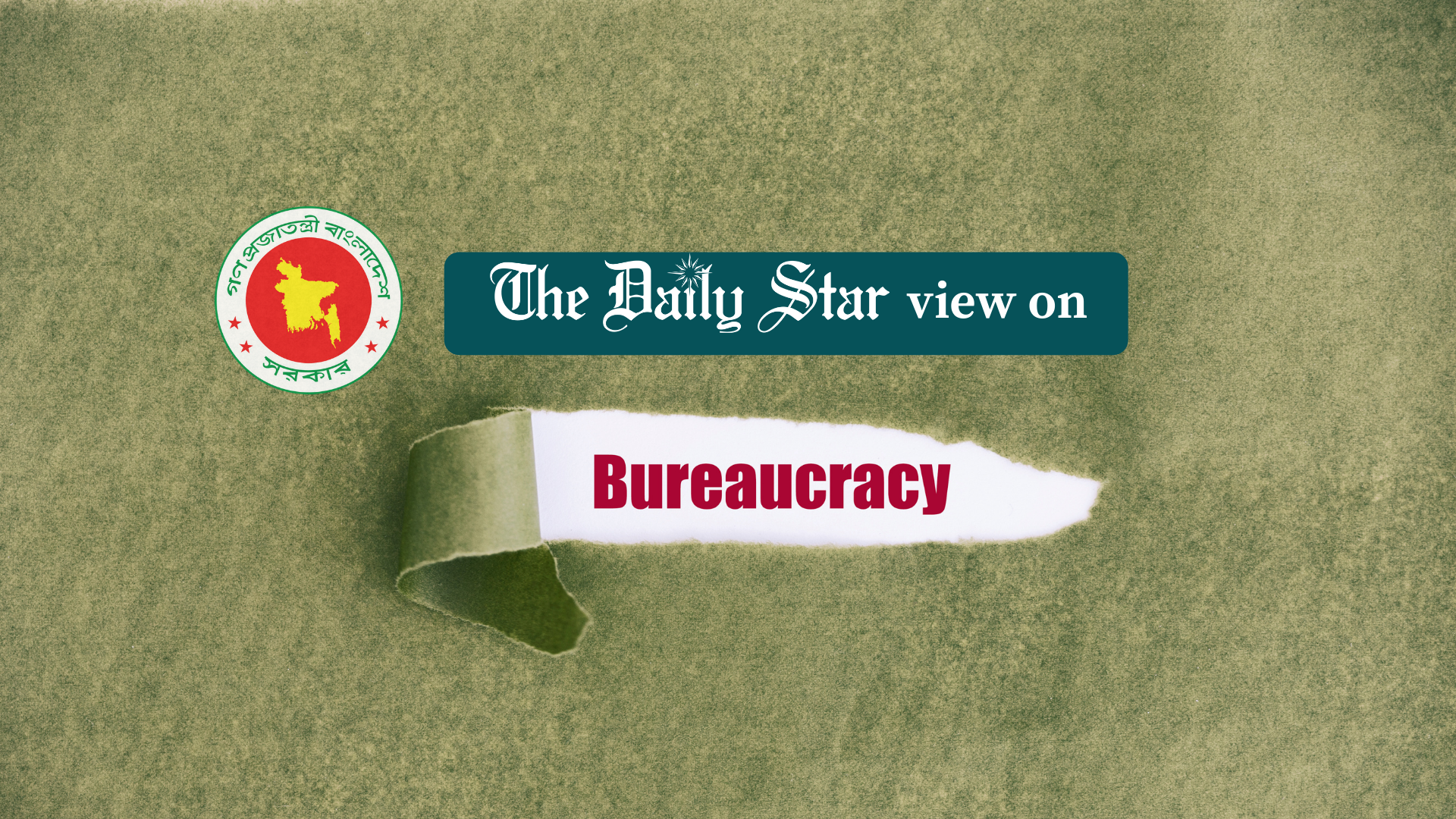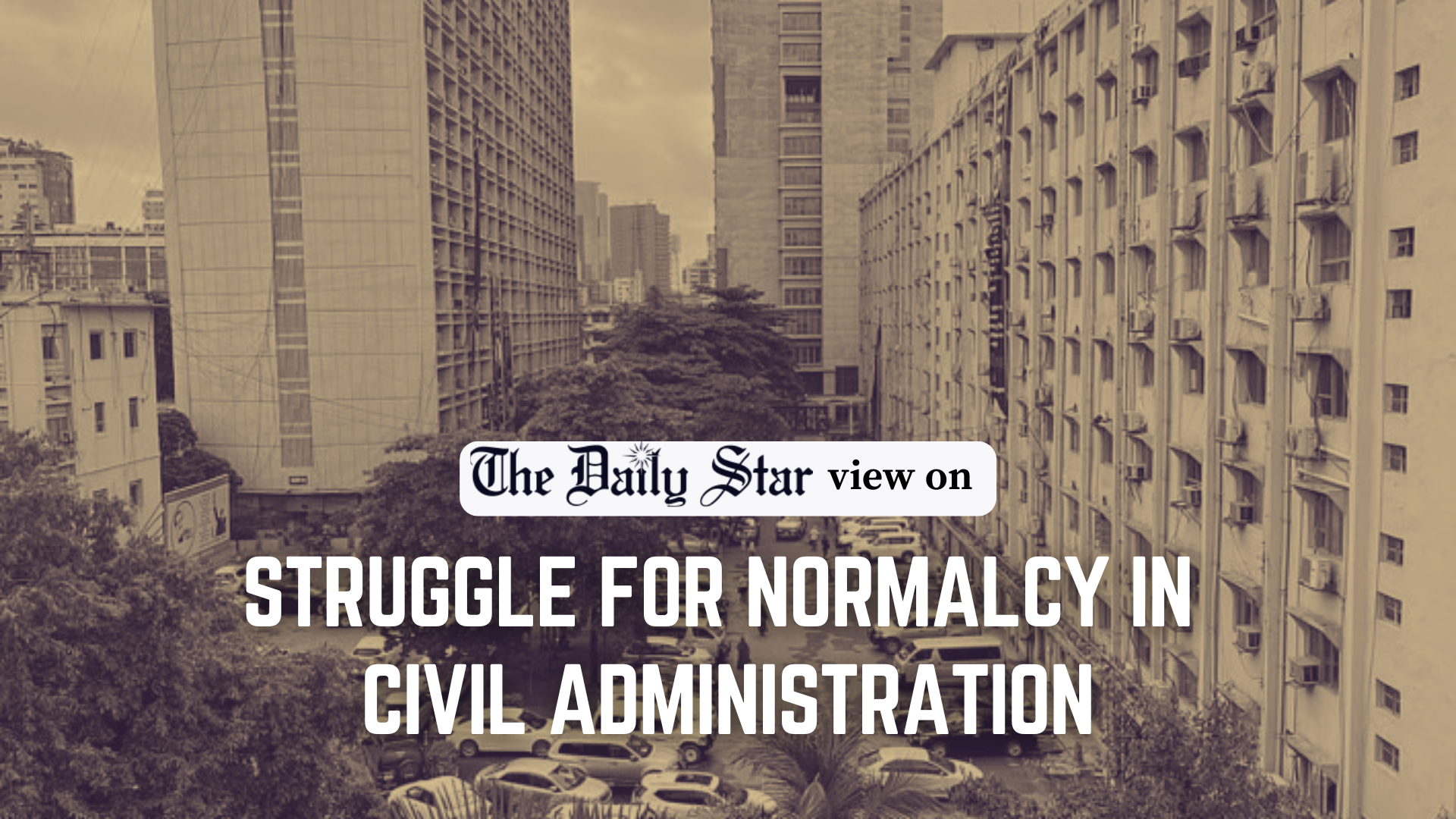Civil service budget: A crisis of overspending and inertia

One challenge Bangladesh faces today as it moves forward is the sheer size and unsustainability of the Bangladesh Civil Service budget. The budget for FY23-24 reveals that 22 percent of our national budget (Tk 1,67,880 crore) goes into public administration, which is a clear marker of the inefficiency, redundancy, and clientelist nature of our civil service. Meanwhile, only five percent is allocated to health and only 5.5 percent to defence. It is a sector that has grown into an untenable part of the national economy and serves as a focal point for political patronage that has long supported political parties.
An unjustifiable allocation
By this measure, Bangladesh's budget allocation to public administration is one of the largest in the world. Pakistan, which faces arguably greater fiscal constraints than Bangladesh, allocates only 6.3 percent of budgetary expenditure to civil administration. In Europe, one of the world's most sophisticated and extensive administrative systems, less than 10 percent of the budget goes to public administration. In Texas, 3.4 percent of the state budget is spent on general government operations. Bangladesh's allocation of funds to public administration is drastically disproportionate and urgently needs reform.
The GHS index shows that Bangladesh has one of the worst performing health sectors in the region. In comparison, Bangladesh's neighbours India, China, Bhutan, and Myanmar all score better. Bangladesh requires funding for its healthcare, manufacturing industries, defence, and the finance sector. The government should be playing a critical role in developing these crucial sectors for the country's economy.
The problem of redundancy and political loyalty
The civil service has become a bloated, inefficient, and patronage-driven sector that rewards political loyalty rather than merit. Political appointments by the ruling party have solidified this sector as one of the most effective and loyal clients of the government. The government has only further politicised this bloated, inefficient bureaucracy by expanding it.
Such a system not only squanders precious resources that could otherwise be devoted elsewhere, but also perpetuates inefficiency. Lacking accountability, public funds are routinely wasted, and reforms that would increase effectiveness are resisted by the entrenched interests that benefit from the status quo. This has become a hindrance to the country's development.
Economic impact and missed opportunities
A bloated civil service absorbs a significant portion of the national budget, leaving less money for investment in growth-driving sectors such as technology, manufacturing, and renewable energy. By failing to modernise the economy, and stagnating it with a vast, rent-seeking bureaucracy, Bangladesh continues to deprive its people of opportunities for a decent life. According to various reports, tax laws in Bangladesh are written in English and are often complicated, creating confusion for taxpayers and the National Board of Revenue (NBR) about tax rebates. This should be addressed and modernised to increase income tax collection from eligible earners.
For a so-called middle-income country, it is a self-inflicted wound. This is evident in the previous government's ad hoc tax policy, too. For example, the recent debate on raising taxes on individuals with more than one vehicle would only incentivise them to purchase fewer cars, eventually reducing tax income from this source. Additionally, there were talks of adding fees to government services, which could increase opportunities for corruption, as well as increasing source taxes for land registration and introducing travel taxes, which could adversely affect the travel industry.
Instead of addressing the core issue of reforming direct tax laws and mechanisms, the previous government often considered increasing indirect taxes and VAT on specific goods and services. This shows the previous government's short-term thinking and lack of initiative to modernise the tax system, burdening only a small segment of the middle class while larger businesses and influential people evaded taxes.
The money whitening scheme is also a defeatist strategy that fails to combat the critical problems of financial crimes. These arbitrary adjustments do little to change the larger structural problems with Bangladesh's fiscal policy, which must be challenged and addressed. Bangladesh can start by modernising the tax administration, reducing bureaucratic inefficiencies, and updating tax laws to simplify tax collection.
Urgent need for structural reforms
Bangladesh needs to think differently about public administration. The interim government has the opportunity to introduce much-needed reforms that previous administrations avoided. These are some of my suggestions:
A roadmap to gradually reduce the civil service budget: The civil service budget must be brought down to a global standard. While this cannot be done overnight, a roadmap to downsize the civil bureaucracy over the long term through the implementation of New Public Management (NPM) style management of public offices is needed. Savings from these cuts should be redirected to infrastructure, healthcare, education, and innovation.
Adopt NPM-style management and accountability: Introduce performance-based evaluations and accountability in the civil service to weed out inefficiency. A lean and meritocratic public administration will serve the nation better than the bloated, politicised structure currently in place. The current laws that protect civil servants from scrutiny and accountability must be repealed and replaced with laws that align with the student movement's demand for a meritocratic society.
Depoliticise the civil service: The entrenched clientelist system of appointments and promotions based on political loyalty must be replaced by a merit-based system. The current and future quota systems should be reformed or abolished to prevent further politicisation.
Consolidate tax revenue: A greater proportion of direct tax collection, rather than reliance on indirect taxes, will create a more equitable tax system, raise more revenue for the government, and promote societal equity.
Utilise technology and innovation: Digital transformation of public services can decrease costs and increase efficiency. Investment in technology will modernise public administration and make it more responsive to citizens' needs.
Bangladesh is at a tipping point. An unsustainable share of the budget is being spent on public administration, reflecting decades of inefficiency and political patronage. The interim government should take advantage of this moment to finally make the reforms we so desperately need. Without addressing the underlying sources of inefficiency and clientelism in our public administration, Bangladesh cannot build a more prosperous and equitable society. The country cannot afford to continue down this path.
Ahmed Ashfaque Shahbaz is pursuing PhD in political economy at the University of Exeter.
Views expressed in this article are the author's own.
Follow The Daily Star Opinion on Facebook for the latest opinions, commentaries and analyses by experts and professionals. To contribute your article or letter to The Daily Star Opinion, see our guidelines for submission.



 For all latest news, follow The Daily Star's Google News channel.
For all latest news, follow The Daily Star's Google News channel. 


Comments